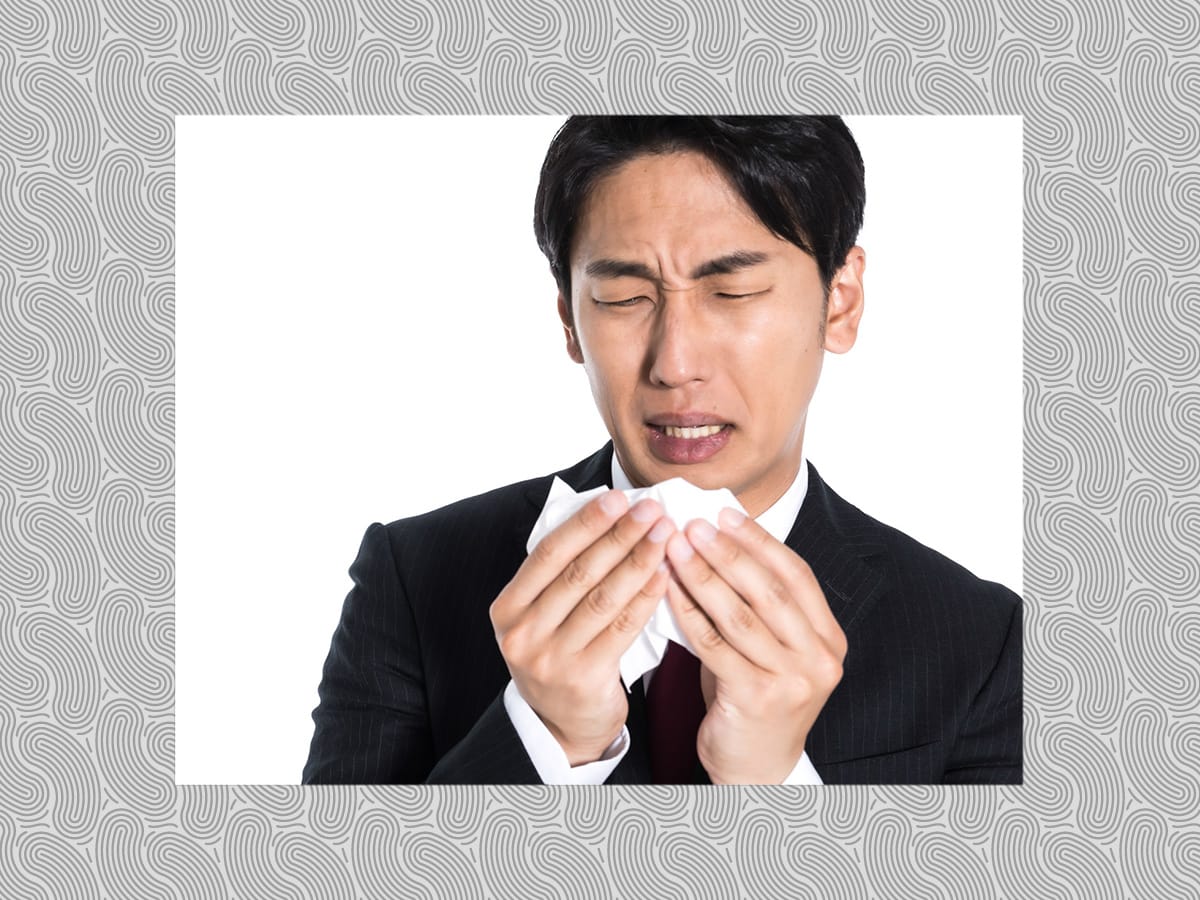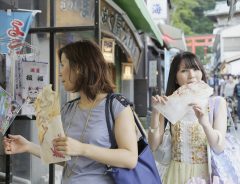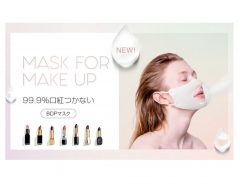
Source: Pakutaso
Nose-Blowing and Facemasks Provide Surprisingly Deep Insight into Japan’s Social Norms and Facial Expressions
- Tags:
- Manners / Mask / noseblowing / Sneezing
Related Article
-

Los Angeles Metro Turns To J-Pop And Anime Girls To Teach Train Manners
-

Bruno Mars Throws Towel at Model Who Won’t Stop Recording Him, Japanese Fans Supportive
-

‘Smart masks,’ sewage testing, and other innovations limiting the fallout of COVID-19
-

Kamakura Passes Ordinance Against Eating On The Go: Ill-Mannered Tourists To Blame
-

The BDP lipstick-free mask is now on sale
-

Japanese May Want To Say Sayonara to Stifling Sneezes, Report Reveals


Have you ever been on the train or bus with a horrible runny nose? Whether due to allergies or a cold, I’m pretty sure we’ve all been there. So what do you do? Do you blow your nose and rid yourself of the snot and discomfort? Or do you restrain yourself and keep sniffling until you can get somewhere private to blow it all out?
Back in my elementary school days, there was this one boy named Sam at my bus stop who always had a bad case of the sniffles. I mean a BAD CASE. Every time he sniffed it sounded like he was sucking jelly down his airpipes. We were the first bus stop so there was a good ten minutes of listening to him choke down phlegm before we were surrounded by enough students to drown him out. Needless to say, sniffling became one of my pet peeves from a young age.
Luckily, even in Japan, where most people refrain from blowing their nose in public, I haven’t come across anyone as bad as Sam. But why is it that many Japanese don’t blow their nose in public? And is it really a faux pas to be avoided at all costs? As I wondered in my other article, is my shameless blowing one reason why Japanese won’t sit next to me on the bus?
Why don’t Japanese people blow their nose in public?
Pakutaso
If you Google nose-blowing in Japan, you’ll find numerous results advising you to abstain. I polled 15 Japanese to get some real opinions about nose-blowing. Most voiced concerns about spreading germs. Perhaps obvious, but it turns out that hygiene and concern for others is a very legitimate reason.
“It’s not like I never blow my nose, but I feel bad if I can’t clean my hands after. And I don’t want to carry around dirty tissues.” – Chiho, 29
A few women respondents also mentioned that men are more likely to blow their nose in public and don’t seem to be as concerned. Both men and women’s responses used phrases such as “not in front of people” and “if no one is nearby, quietly.” This leads me to believe there is also a social element. Just as talking loudly on the train is frowned upon, sneezing is also considered a public nuisance. Many Japanese avoid drawing attention to themselves, and no one wants to be labeled as the noisy, sickly nose-blower.
One 33-year-old woman from Okayama, replied that she blows her nose even with people around. She had a very big personality that matched her opinion.
“Sniffling is way grosser than blowing your nose. It’s like eating snot. But of course, like many others say, touching handrails and spreading germs is no good either. If someone is so worried about what others think, I say just plug up your nose and wear a mask.”
Why do Japanese people wear facemasks?
Pakutaso
Over the last few days, there’s been a lot of news coverage about the “corona virus” originating from China. Upon the first case being reported in Japan, leading surgical mask manufacturers have ramped up production. Japan anticipates a surge of Chinese tourists with the arrival of the Lunar New Year on January 25.
During flu season’s peak I was riding the bus and upon hearing coughing and sniffling from every which way, realized almost everyone around me was wearing a mask. I could almost feel the sickness invading my lungs with every breath.
From the above examples it is obvious Japanese wear facemasks to protect themselves from getting sick, or to prevent their own germs from spreading. But there are other reasons too, as I happened to find out while surveying Japanese about nose-blowing.
Reasons varied from keeping their face warm in cold weather, to hiding a breakout of pimples or not wanting people to see them without makeup.
One young woman told me it somehow makes her feel calmer. She did seem a bit shy and most of her face was covered by her hair and facemask.
One Kyoto University student told me she grew up in Ohio, USA. During the recent Ebola outbreaks the only person in her class who wore a facemask was a Japanese exchange student. Other classmates took that as a sign she was infected and shied away from her.
Why don’t westerners wear facemasks?
Masaki Yuki at Hokkaido University, William W. Maddux of Northwestern University, and Takahiko Masuda from the University of Alberta conducted a study which hypothesized that emotional interpretation differed between Asian cultures like Japan and the West.
They found that in cultures such as Japan where “emotional subduction is the norm,” Japanese would rely on minute changes in the eyes to detect emotional responses. On the other hand, in the U.S. and other nations where “overt emotional expression is the norm,” tend to focus on the mouth, which is the most expressive part of the face.
From casual observation, you might find that Westerners wear sunglasses more often, covering their eyes, while Asians wear facemasks. And similarly, if you compare emoticons, Westerners change the mouth shape, while Asians change the eyes to express different emotions.
(>_<) (^^)/ “(-“”-)” ( ;∀;) VS…
Creative Commons
So perhaps the saying “the eyes are the windows to the soul” is truer in Asian countries like Japan, than in Western countries. If you wear a facemask in the U.S. or Europe, you’re not only likely to be stigmatized for having SARS, Ebola, or even the new but others won’t be able to get the facial cues they need to correctly decipher your emotional responses.